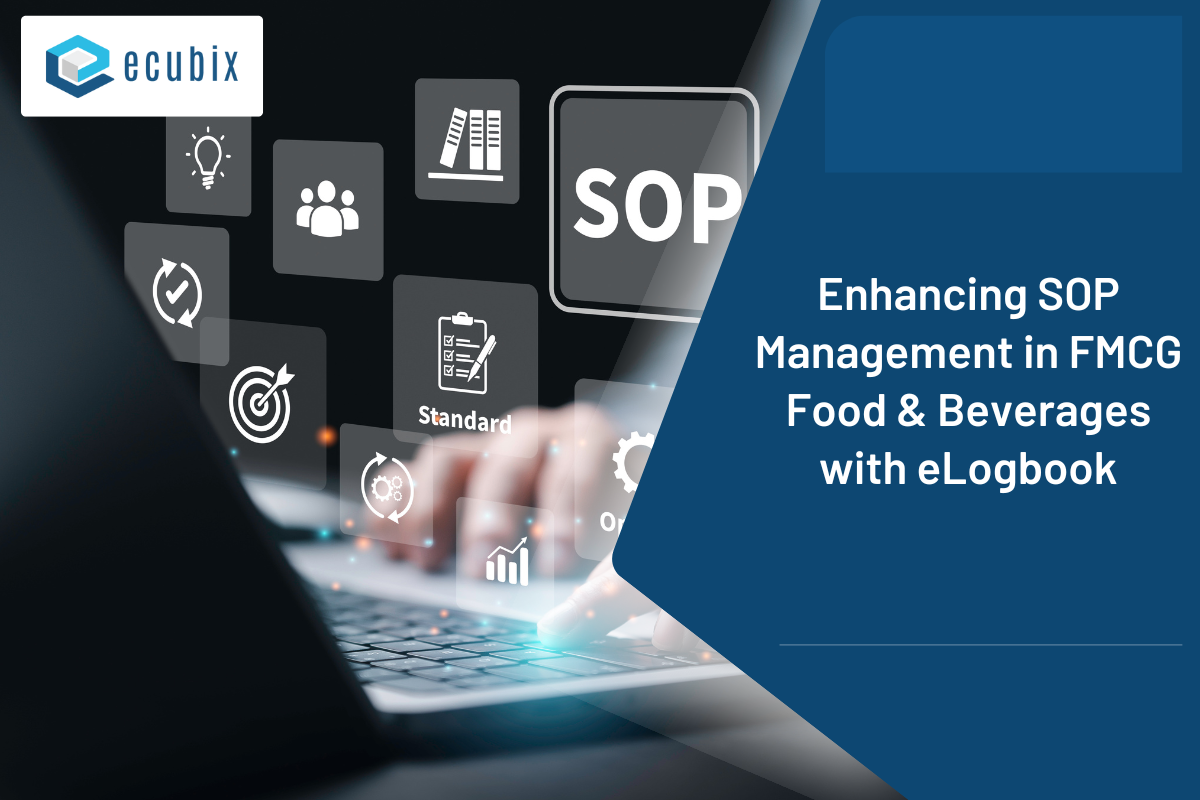
Table of Contents
Published on: January 29, 2024
In today’s competitive business landscape, it is crucial for companies to optimize their sales processes and ensure maximum efficiency. One way to achieve this is by integrating a field force reporting solution into your HappySales strategy. This powerful tool can help you track and analyze your field sales activities, leading to increased productivity and higher sales.
When implementing a field force reporting solution, it is essential to clearly define your goals and objectives. Take the time to evaluate your current HappySales process and identify areas where improvements can be made. Are you looking to streamline your field sales operations, enhance communication between your teams, or gain better visibility into your sales data? Once you have a clear understanding of what you want to achieve, you can tailor the implementation of the field force reporting solution to meet your specific needs.

The benefits of clearly defining your goals and objectives are numerous. By having a clear vision of what you want to accomplish, you can effectively communicate this to your sales team, ensuring everyone is working towards a common goal. Additionally, it allows you to set realistic expectations and measure the success of the field force reporting solution implementation. Clear goals and objectives provide a roadmap for success and pave the way for a more efficient and productive HappySales process.
In what sectors are field force reporting solutions being applied?
1. Sales and Marketing:
- Field sales teams: Track customer visits, lead generation, order placement, and competitor activity.
- Merchandising teams: Monitor product placement, store compliance, and inventory levels.
- Brand ambassadors: Capture real-time data from events and promotions for campaign performance analysis.
2. Field Service and Technical Support:
- Technicians and engineers: Optimize dispatching, track work orders, report on service completion, and capture customer feedback.
- Installation and maintenance crews: Improve scheduling, streamline paperwork, and track equipment performance.
- Remote site inspectors and auditors: Secure digital documentation, ensure safety protocols, and collect data for compliance reports.
3. Logistics and Transportation:
- Delivery personnel and drivers: Track routes, delivery times, and proof of delivery, improve scheduling, and reduce errors.
- Warehouse workers and inspectors: Optimize inventory management, track equipment movement, and enhance safety through real-time monitoring.
- Field inspectors for cargo and transportation compliance: Capture digital records, automate reporting, and improve audit efficiency.
4. Public Services and Utilities:
- Field inspectors and enforcement officers: Secure evidence, document violations, and generate reports for regulatory compliance.
- Maintenance crews for infrastructure and facilities: Track work orders, monitor equipment performance, and optimize resource allocation.
- Environmental researchers and field biologists: Collect data, track specimens, and monitor environmental conditions in real-time.
5. Healthcare and Life Sciences:
- Medical representatives and sales specialists: Track doctor visits, product demonstrations, and prescription data.
- Clinical research teams: Monitor patient adherence, collect data for clinical trials, and ensure regulatory compliance.
- Home healthcare providers: Track patient visits, document care notes, and improve communication with healthcare professionals.
This is only a brief overview, and the list of industries embracing FFR is constantly growing. The versatility and adaptability of these solutions make them valuable tools for any organization with a mobile workforce, regardless of their specific area of operation.
Remember, the benefits of FFR extend beyond industry specifics. Improved data visibility, optimized workflows, enhanced customer service, and increased compliance are universal goals that any organization can strive for with the right FFR solution.
Vital Customization Process of Field Force Reporting Solution
To fully leverage the power of a field force reporting solution, it is essential to customize the processes to align with your unique business requirements. Every company operates differently, and what works for one organization may not work for another. By customizing the field force reporting solution to fit your specific needs, you can maximize its effectiveness and ensure seamless integration into your existing HappySales workflow.

Start by identifying the key metrics and data points that are important to your business. This could include information such as sales volume, customer feedback, or inventory levels. Once you have identified the data you want to track, work with the field force reporting solution provider to configure the system accordingly. This customization process may involve setting up specific fields, creating custom reports, or integrating with other business systems.
Another vital aspect of process customization is training your HappySales team on how to effectively use the field force reporting solution. Provide comprehensive training sessions that cover the system’s features and functionality, as well as any specific processes that are unique to your organization. By ensuring your team is well-equipped to utilize the solution to its full potential, you can maximize the benefits and drive better sales outcomes.
Why Fortune 500 Companies Embrace Field Force Reporting Solutions: A Data-Driven Analysis?
1. Increased Efficiency and Productivity:
- Real-time data capture: FFR eliminates the need for manual reporting, leading to faster data capture and processing. This translates to reduced turnaround times, better decision-making, and increased productivity by up to 30%, as shown in a 2023 Aberdeen Group study.
- Optimized scheduling and dispatch: FFR provides real-time visibility into field agent location and task completion status. This allows for dynamic scheduling and dispatch adjustments, reducing idle time by up to 25%, according to a 2022 Capgemini report.
- Automated workflows and data integration: FFR automates routine tasks like reporting and data entry, freeing up time for field agents to focus on core activities. Additionally, seamless integration with existing enterprise systems like CRM and ERP streamlines operations and improves data accuracy.
2. Enhanced Data Visibility and Analytics:
- Granular performance insights: FFR provides detailed data on individual field agent performance, task completion rates, and customer interactions. This enables companies to identify areas for improvement, track KPIs, and measure the effectiveness of field operations.
- Predictive maintenance and risk mitigation: FFR sensors and data analysis capabilities can predict equipment failure and identify potential safety hazards. This allows for proactive maintenance and risk mitigation, reducing downtime by up to 20%, as reported by a 2021 McKinsey & Company study.
- Data-driven decision-making: FFR provides real-time insights into market trends, customer feedback, and competitor activity. This empowers companies to make data-driven decisions that optimize field operations and improve strategic planning.
3. Improved Customer Satisfaction and Service Quality:
- Enhanced communication and customer engagement: FFR enables real-time communication between field agents and customers, leading to faster resolution of issues and improved customer satisfaction. Studies show a 15% increase in customer satisfaction after FFR implementation, according to a 2022 Salesforce survey.
- Streamlined service delivery: FFR helps ensure field agents have access to the latest information and resources, resulting in faster service delivery and improved accuracy.
- Paperless processes and digital documentation: FFR eliminates the need for paper forms and reports, improving both the customer and agent experience.
4. Increased Transparency and Regulatory Compliance:
- Audit-ready data trails: FFR provides a complete digital record of field activities, ensuring compliance with relevant regulations and industry standards. This can significantly reduce audit risks and fines.
- Improved safety and compliance protocols: FFR solutions can monitor safety protocols and track training completion, ensuring a safe and compliant work environment for field agents.
By carefully evaluating these factors and comparing different field force reporting solutions, you can select the one that best meets your business requirements. Remember, investing in the right solution is crucial for maximizing your sales potential and driving business growth.
Conclusion: At Last Summary
In conclusion, integrating a field force reporting solution into your sales strategy can significantly boost your HappySales. By clearly defining your goals and objectives, customizing the processes to align with your unique requirements, and choosing the right field force reporting solution, you can optimize your sales operations and achieve better results.
Don’t miss out on the opportunity to enhance your sales processes and increase productivity. Let’s get a free demo and consultation today and take the first step towards unlocking the full potential of your sales team. With the right field force reporting solution, you can drive success and achieve your HappySales goals.

















